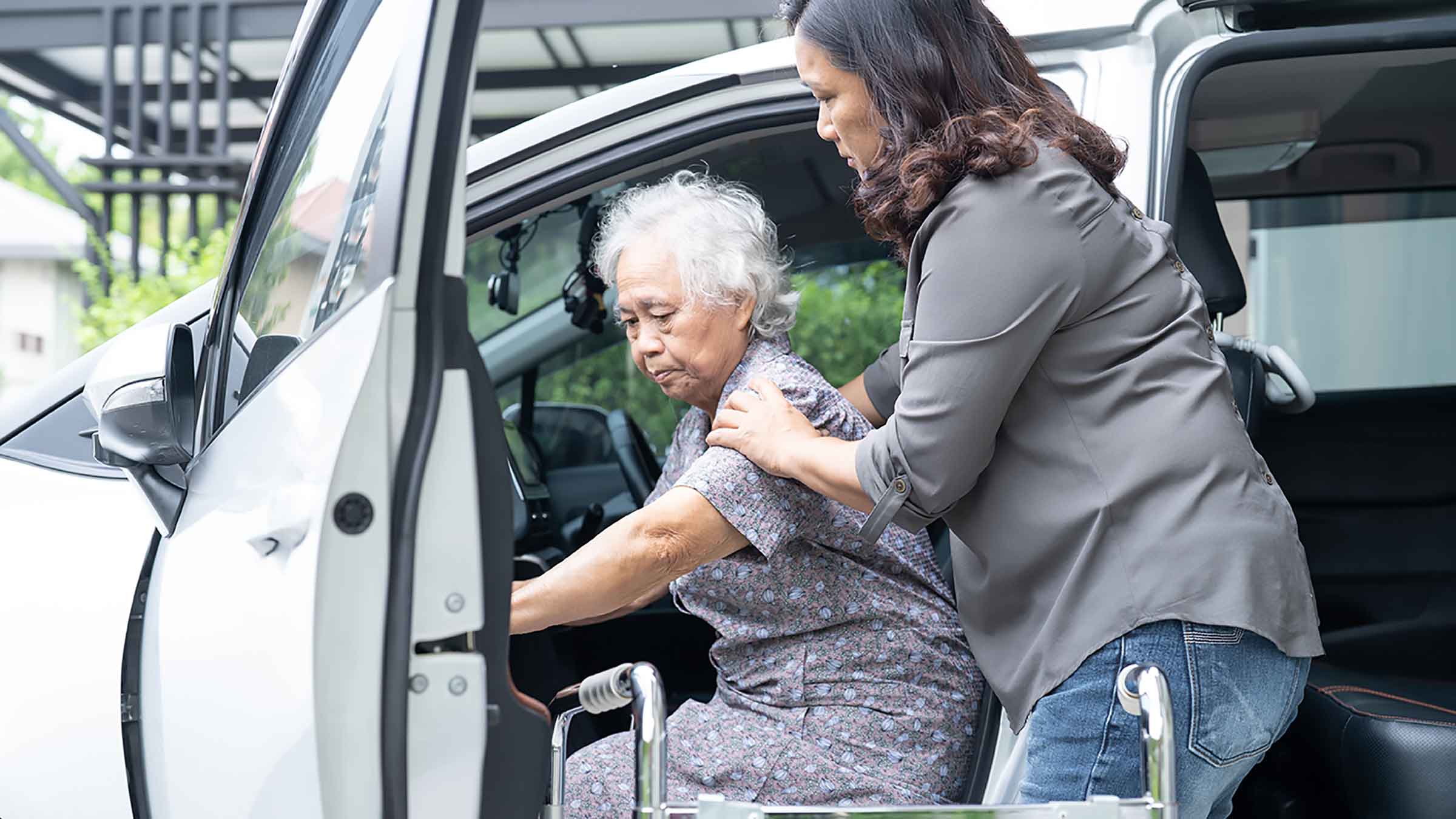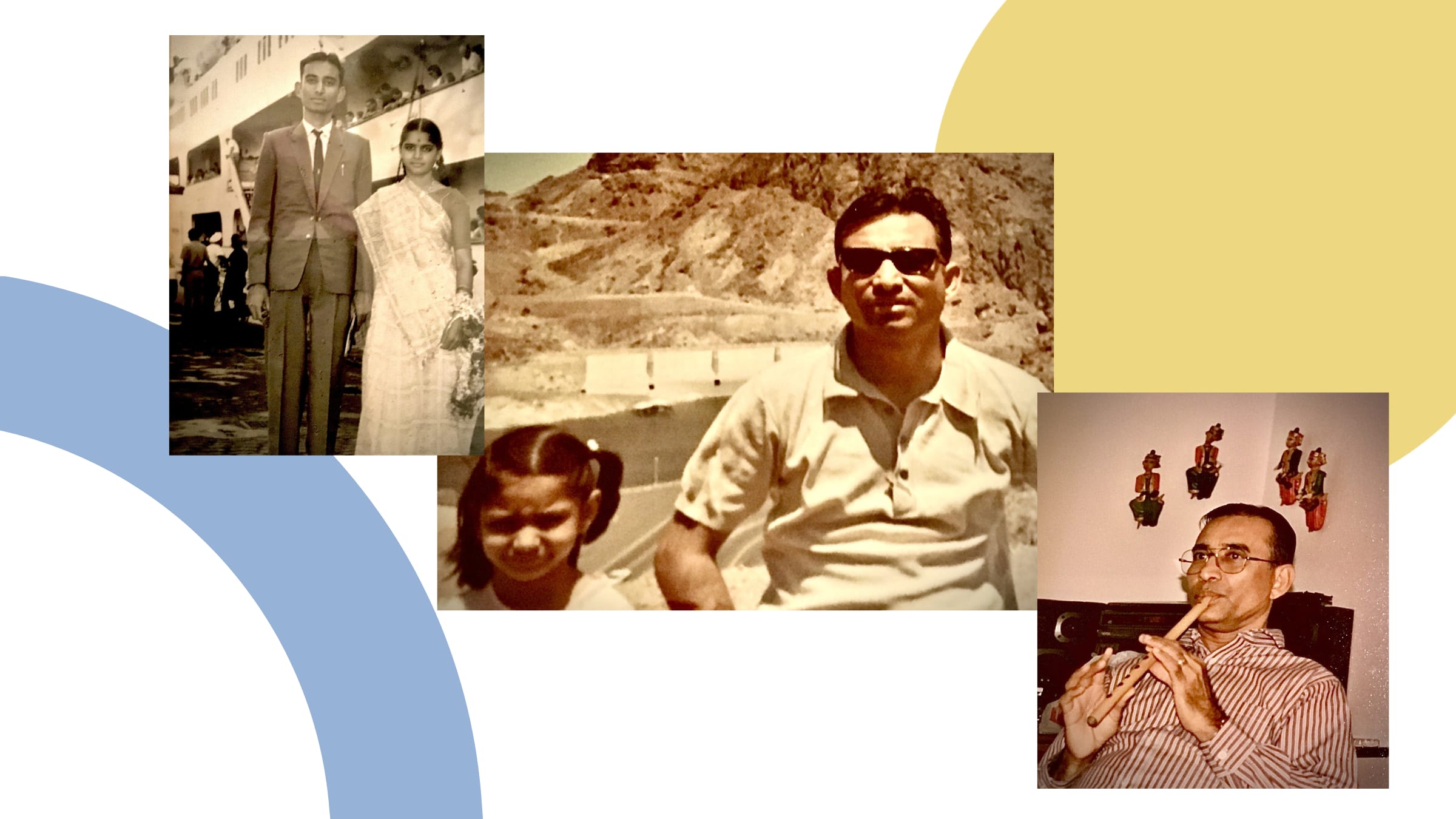
What to Do
New CaringBridge Feature Makes It Easy for Caregivers to Ask for Help and Get Support
Caregiving is hard. Asking for help shouldn’t be. That’s why we’re excited to introduce Requests, a new CaringBridge feature that helps caregivers and families clearly share what they need—and makes it easier for their community to step in and help. Whether you’re navigating a serious illness, injury, or recovery journey, one thing is always true: it takes a village. And now, there’s a simpler way to activate yours. What Is the Requests Feature? Requests is a new tool on CaringBridge that allows caregivers, patients, or loved ones to post specific needs—like help with meals, transportation, errands, childcare, and more—directly to their CaringBridge page. The feature replaces the CaringBridge Planner, offering a simpler, more flexible experience based on feedback from our users. Key benefits: Clear and customizable requests Easy for friends and family to see where help is needed Integrated with your existing CaringBridge updates Available now on desktop and iOS Why We Built It: How to Ask for Help as a Caregiver One of the most common things we hear from caregivers is that it’s hard to ask for help, even when help is badly needed. But why is it so hard to ask for help? As a CaringBridge user said: “It’s always frustrating when people would say, ‘let me know how I can help.’ I’d be like, I don’t even know where to start.” Requests helps solve that. It empowers you to share your needs on your own terms, at your own pace, and without the stress of individual outreach. Now, there’s a place to start. What Requests Solves Requests was designed with caregivers in mind, addressing key challenges faced during a health journey: Reduces the emotional burden of asking for help - No more uncomfortable texts or repeated explanations. With Requests, your ask is clearly posted and visible to the people who want to support you. Clarifies and organizes care needs - From one-time asks to ongoing needs, Requests makes it simple to manage logistics in one place. Makes it easy for supporters to take action – Your community doesn’t want to guess how to help; they want to know. Requests removes the guesswork. Increases connection with your community – When people know exactly how to help someone in practical ways, they’re likelier to engage and stay connected. What Kinds of Help Can You Request? Caregivers have already been using Requests to ask for: Meals – Help coordinating dinners for the week Transportation – Rides to appointments or school pickups Childcare – A sitter for a few hours during treatment Errands – Grocery runs, pet care, house tasks Anything else – The “Other” category is the largest so far—proving that every caregiving journey is unique. Part of a Growing Ecosystem of Support Requests is one more way to get help through our Ways to Help section, which includes trusted tools like: Meal Train® – Set up meal schedules with ease GoFundMe – Raise funds for medical expenses Instacart – Send groceries directly Gift Cards – Provide flexible financial support These tools work together to surround caregivers with the practical, emotional, and financial support they need, while offering friends and family practical ways to help someone on a health journey. Start Using Requests Today If you're a caregiver, family member, or patient with a CaringBridge page – or if you’re starting your very first page – now is the time to explore Requests. Visit your page, click “Ways to Help,” and let your community know exactly how to support you.
Articles
Caring For a Loved One with a Chronic Health Condition Can Be Emotionally Stressful: CaringBridge Offers Tools and Resources to Help
Anyone who's walked the caregiving path knows it can be an isolating and overwhelming journey. The Healthwell Foundation recently interviewed CaringBridge CEO Tia Newcomer on how community can lighten the load- and how CaringBridge empowers family ca
New CaringBridge Feature Makes It Easy for Caregivers to Ask for Help and Get Support
Caregiving is hard. Asking for help shouldn’t be. That’s why we’re excited to introduce Requests, a new CaringBridge feature that helps caregivers and families clearly share what they need—and makes it easier for their community to step in and help.
Transportation Insecurity and Cancer
If you’ve experienced the stress of running late, you know it’s an awful feeling that can ruin your mood. Maybe your car wouldn’t start, or the bus never came. It can leave you feeling anxious for the rest of the day. Now imagine feeling that stress
Food Insecurity and Cancer
When someone is diagnosed with cancer, nutrition quickly becomes a concern. People often ask: “What foods should cancer patients avoid?” “What’s the best diet after chemotherapy?” “How can I stay healthy during treatment?” But for many patients and c
Losing Linda Mae
At 26, Logan Lamson’s life was just taking off. Living in New York as an aspiring writer, he took pride in his work, his life, and the solid support network of friends he’d built for himself. He was far away from his upbringing in Kansas. A few month
Losing Linda Mae: A Cancer Caregiving Memoir
In any calendar year, nearly 30 percent of Americans will find themselves caregiving for a family member. However, few published accounts exist that honor and validate the experiences of these individuals.
Losing Linda Mae fills that void. Through u
A Generational Journey of Caregiving
The late former First Lady, Rosalynn Carter once said, “There are only four kinds of people in the world: those who have been caregivers, those who are currently caregivers, those who will be caregivers, and those who will need caregivers.” Paurvi Bh
Financial Toxicity in Cancer Care
Whether you’re a family caregiver for a loved one or have received a cancer diagnosis yourself, you already know that a cancer journey takes a heavy toll—physically, mentally, and emotionally. Between coping with all the emotions that come along with
Facing Change
In addition to serving as a professor of psychiatry at Duke University School of Medicine and staff physician at the Durham Veteran Affairs Health System, Damon Tweedy, M.D. is the acclaimed author of two books, Black Man in a White Coat: A Doctor’s
Browse by category
View articles by topic
- ALS
- Alzheimer's
- Autoimmune Disease
- Brain Cancer
- Brain Tumor
- Breast Cancer
- Cancer
- Care Package
- Caregiver
- Caregiving
- CaringBridge
- Chemo
- Childhood Cancer
- Chronic Illness
- COVID-19
- Faith
- Grief
- Heart Condition
- Heart Defect
- Hospice
- Hospital Stay
- How We Heal
- Journaling
- Leukemia
- Liwanag Ojala
- Lung Cancer
- Lymphoma
- Military
- Multiple Sclerosis
- Osteosarcoma
- Pancreatic Cancer
- Pediatrics
- Prayer
- Premature Birth
- Rare Conditions
- Sona Mehring
- Spinal Injury
- Stroke
- Support
- Transplant
- Traumatic Brain Injury







